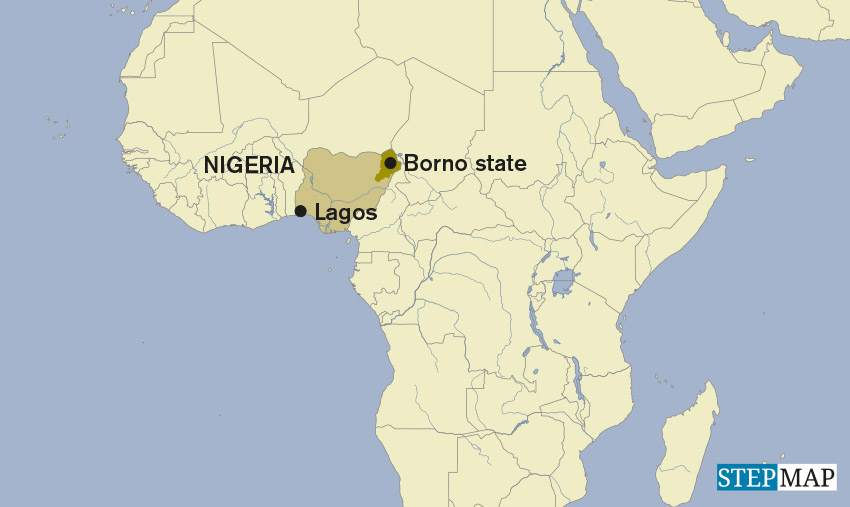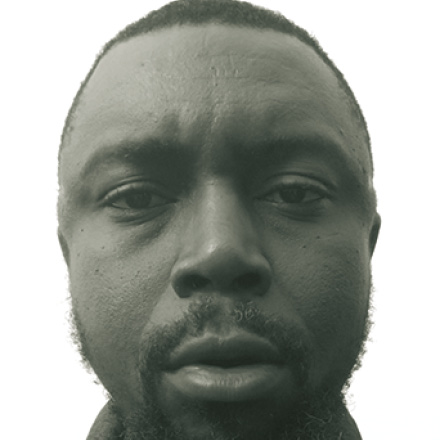Summer special
Improbable friends
This is the book I wish all those who are uncomfortable with refugees in Europe would read. The novel is written from a British perspective. The author Chris Cleave is a Londoner. According to Wikipedia, he was born in 1973 and grew up in Cameroon and Britain. He studied psychology in Oxford and lives in the United Kingdom with his French wife and three children.
Important parts of his novel are set in London and surroundings, but not all do. It deals with the stressful life of a successful journalist in a difficult marriage – and the much more difficult and disturbing lot of a young refugee from Nigeria. The two women’s fate become improbably intertwined and, while there can be no equality among people of such different backgrounds, they become close friends who depend on one another.
The journalist’s life is one of career obligations, extramarital affairs and a longing for happiness. The refugee’s life is one of displacement, marginalisation and abuse. The journalist fears for her husband’s mental health and her little son’s long-term prospects; the refugee is forced to listen as gangsters slowly rape and kill her sister. The journalist wants to make a difference in life; the refugee wants to survive.
Cleave’s writing is brutal. He describes murder, mutilation and suicide in explicit detail. He describes things by focusing on what his protagonists see, hear and smell. He tells their stories in the first person, switching chapter-wise from Little Bee, the refugee, to Sara, the journalist. He tells us what is going on in their heads, but then things happen so rapidly that they must make choices with no time to prepare and no time to consider the consequences.
The plot involving two women of such different backgrounds is unlikely ever to happen as laid out in the book, but it is not totally impossible. In our globally interconnected era, strange things happen. While Cleave’s story line is fictional, all the bloody, unsettling details are rooted in realty. The worst things that happen in his book happen in real life too. Yes, militia gangsters abuse and torture young girls. Yes, people flee from violence without having passports or visas, and immigrants without proper documents must live in constant fear of the police. Yes, some asylum seekers become so desperate they kill themselves in detention centres in rich nations.
What Cleave describes is gruesome, but it is not mere phantasy. Cleave takes us to many different locations – airports, jungle paths, suburban London homes, Nigerian beaches. His great achievement is to juxtapose very different experiences of what is normal, everyday life and showing that both perspectives are based on the same global reality.
In times when Europe feels over-burdened, it is essential to make it clear beyond doubt that this continent is privileged. As Cleave’s British protagonist Sara does, many feel under stress and struggle to cope with the demands of their lifestyle. Nonetheless, the daily life of masses of other people around the world is much, much tougher. What feels like a stressful urban agenda to Sara, looks like a peaceful heaven to Little Bee. That difference is real – and I wish every European understood that it implies a duty to rise to global challenges.












